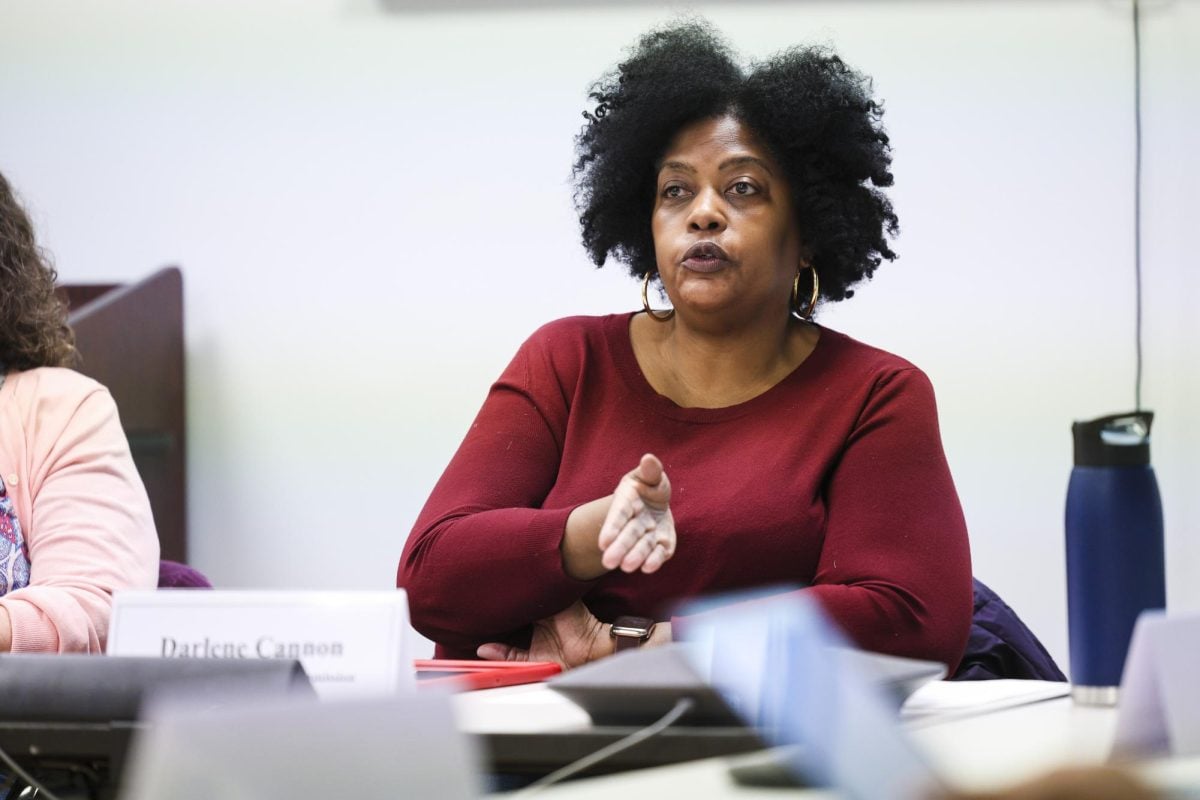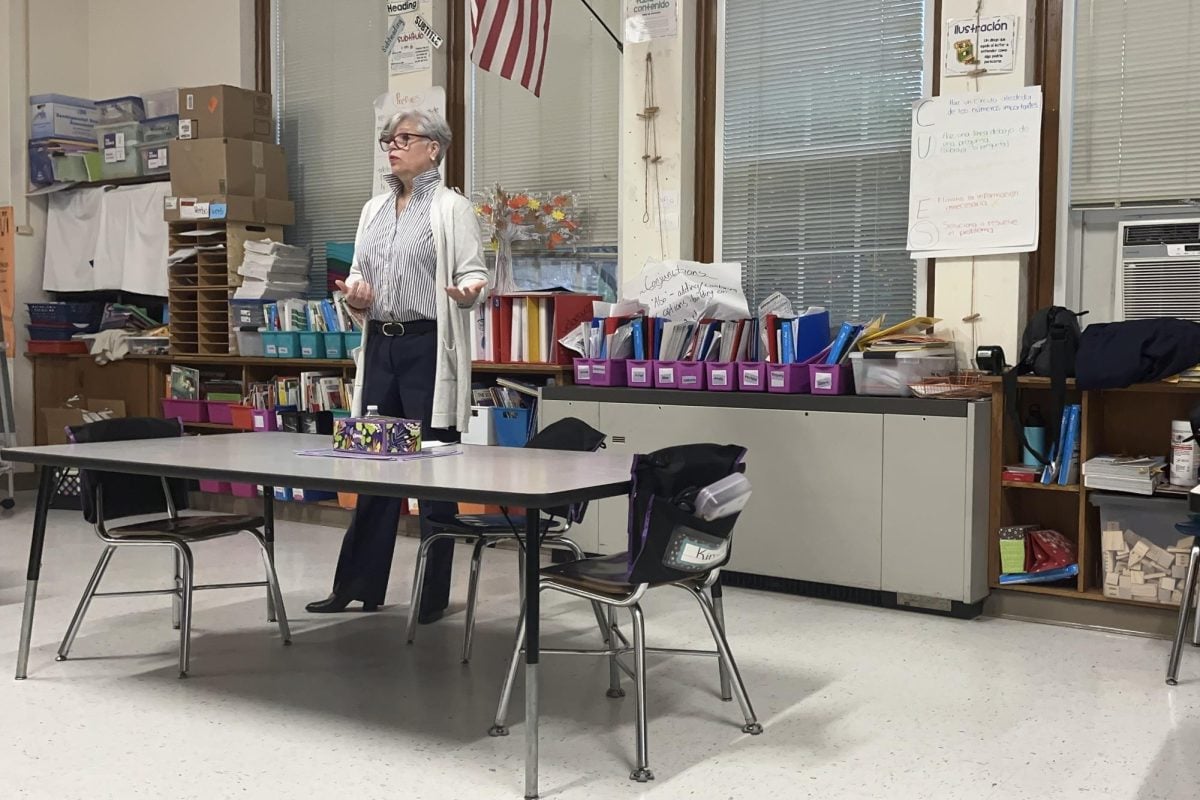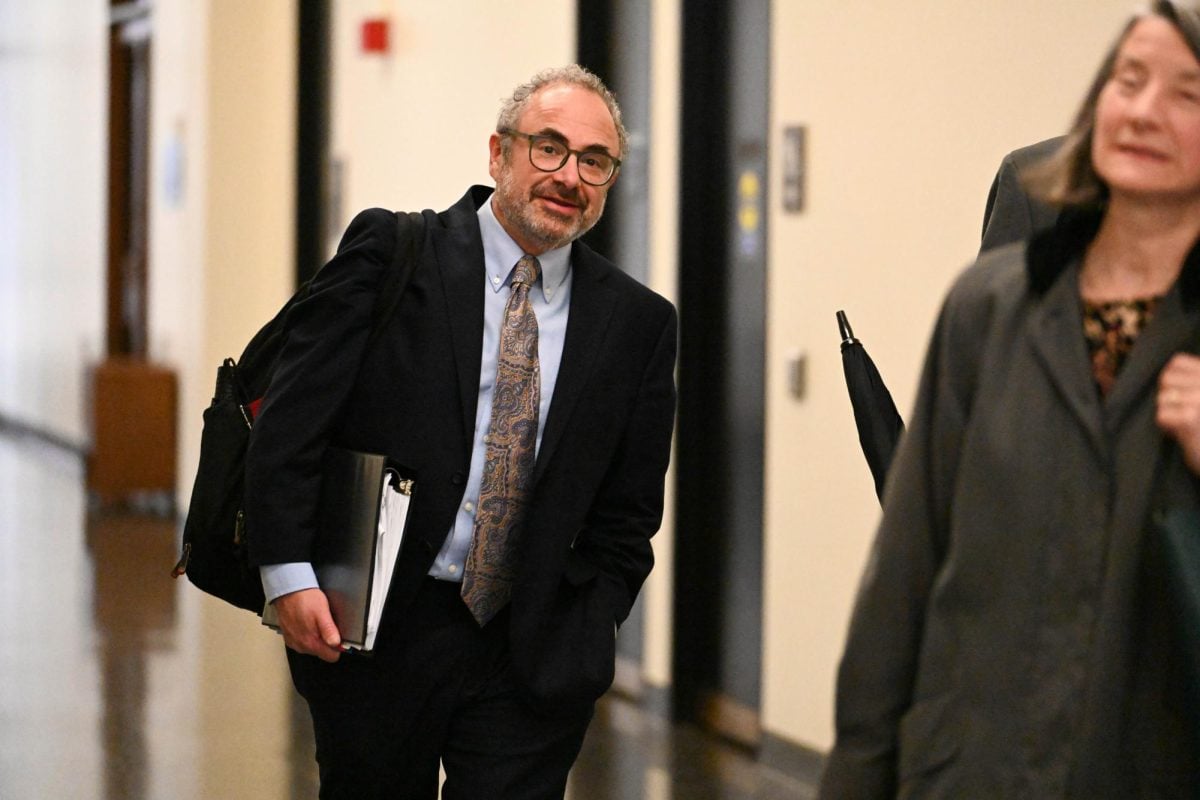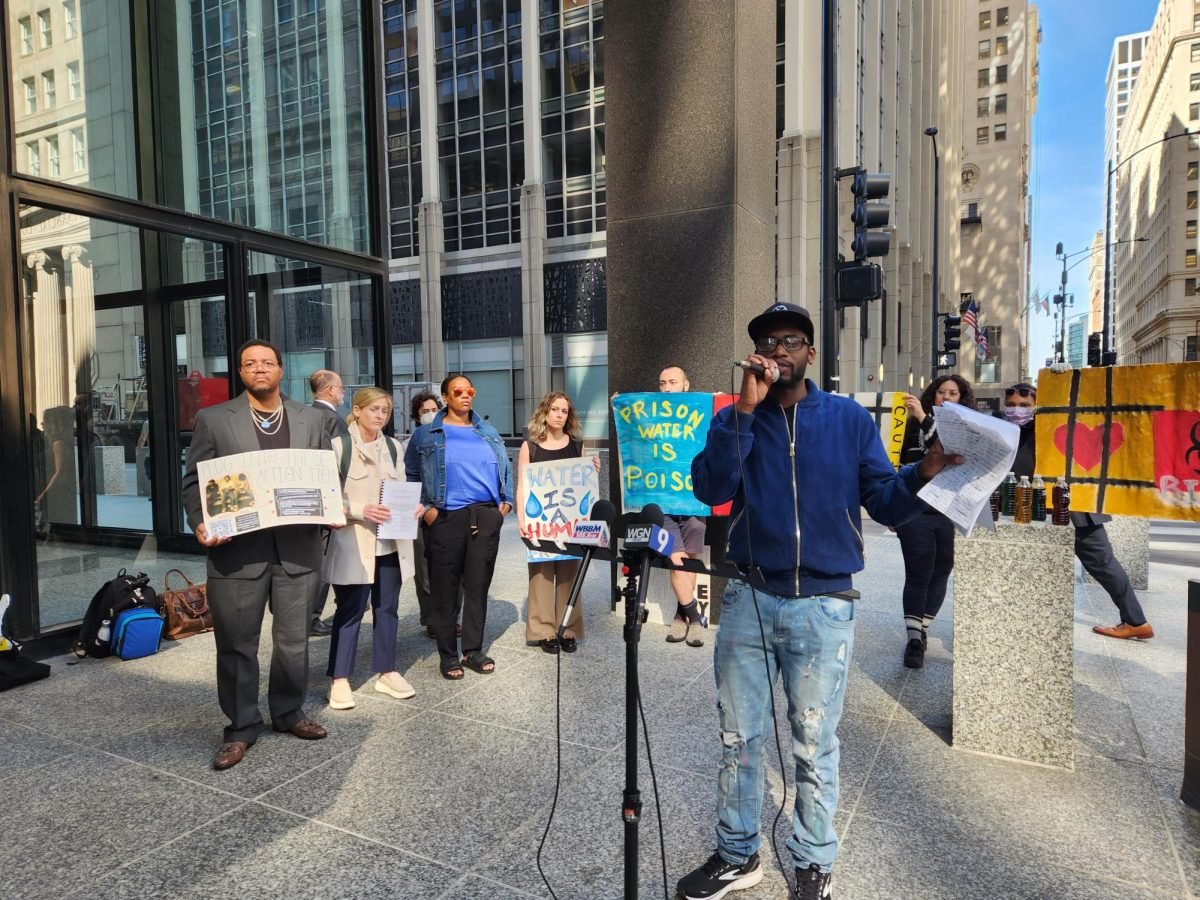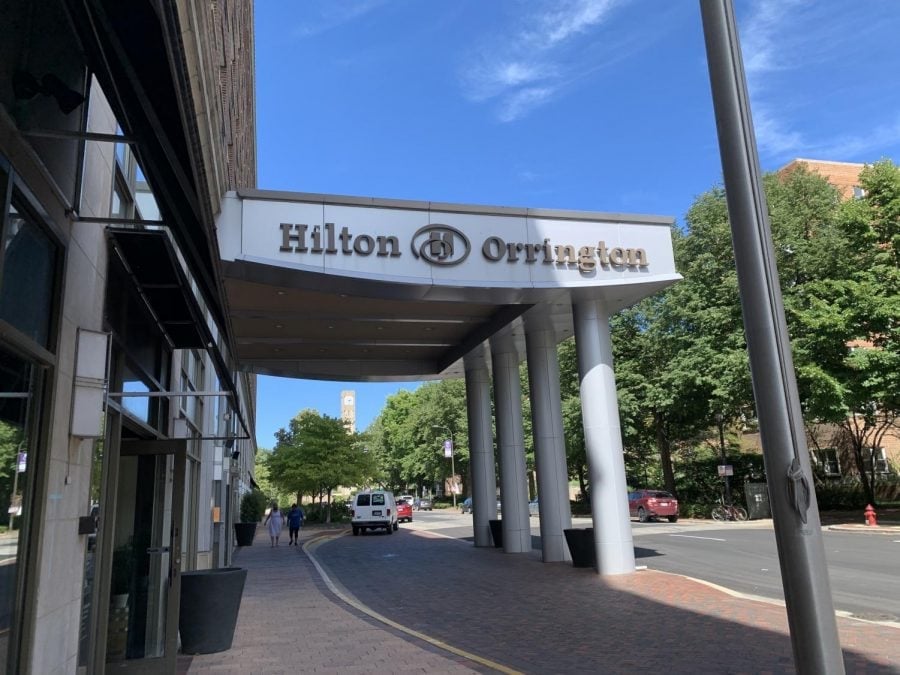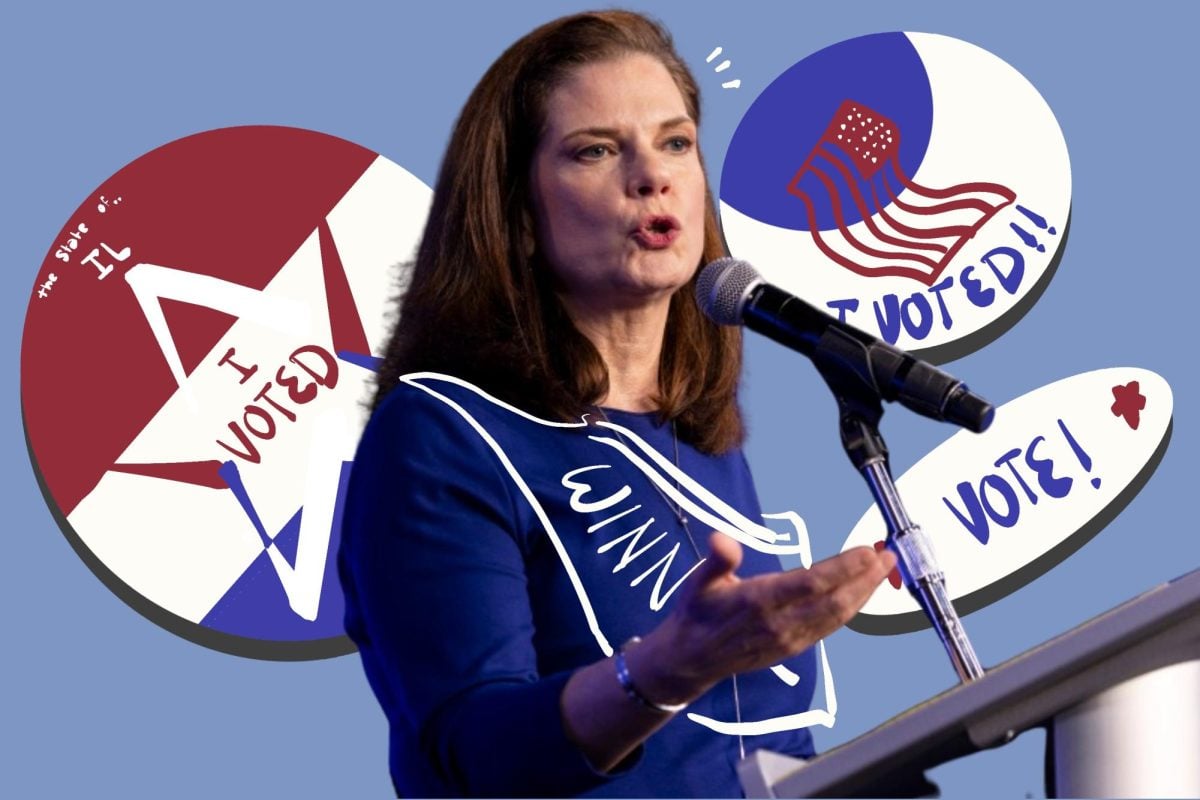The Obama administration and the governors of five Great Lakes states signed a memorandum of understanding Friday in support of developing offshore wind resources, advancing a concept Evanston officials have been pushing for years.
The federal vote of confidence in renewable energy coincides with the completion of the Lake Michigan Offshore Wind Energy Advisory Council’s research on possibly constructing wind farms near North Shore communities including Evanston.
In addition to Illinois, Michigan, Minnesota, New York and Pennsylvania governors, federal agencies such as the U.S. departments of Energy and Defense, the U.S. Army, the U.S. Coast Guard and the Fish and Wildlife Service have signed the landmark agreement.
Nate Kipnis of Citizens’ Greener Evanston said the agreement is a major victory for proponents of renewable energy in Evanston and across the country. In 2007, Citizens’ Greener Evanston became the first group to propose Evanston look into the option of developing offshore wind farms.
“(The federal agencies) are the heavy players that whenever we talk about (building offshore wind farms), there’s this unbelievably intense list of approvals that are needed,” Kipnis said. “These are the people, the primary ones that come from a federal level that would be involved in it. We’re happy it’s progressing.”
In 2007 when Evanston committed to the U.S. Mayors’ Council on Climate Protection, the city committed to reducing its carbon footprint by 13 percent by 2012. Citizens’ Greener Evanston played a key role in helping the city deliver on that promise when the organization determined an offshore wind farm would be the best way to harness Lake Michigan’s energy, Kipnis said. Citizens’ Greener Evanston then asked State Rep. Robyn Gabel (D-Evanston) to support creation of the Lake Michigan Offshore Wind Energy Advisory Council, which was charged with drafting a recommendation for Illinois Gov. Pat Quinn regarding the logistics of constructing wind turbines offshore. The advisory council’s report will be made public at the end of June.
Gabel told The Daily the governor’s advisory council will help the state develop rules on how to clarify the process of building offshore wind farms, specifically how developers can lease state-owned areas of Lake Michigan and how permits for construction may be distributed.
“I am a proponent of having renewable energy, and I thought this was a good option in that Evanston was very interested in possibly having an offshore wind farm,” Gabel said. “We’ve had some discussion about the benefits to the community of having this wind farm, but mostly we’ve been looking at process questions. We’re interested in finding out if we were to build the wind farm, what would be the process of doing that.”
She added that federal support for local wind farms could help make Evanston’s current vision a reality.
“It will depend on if there are federal dollars spent to help establish an offshore wind farm or not,” Gabel said. “I think at this point it looks relatively costly, but we’re not completely sure. But I have hope that the federal government will be giving to contribute to the development of the North Shore wind farm, which would make it much more economically feasible.”
The Lake Michigan Offshore Wind Energy Advisory Council will meet to go over the final draft of their report Thursday at the James R. Thompson Center in Chicago, Gabel said.
Northwestern also has one representative on the governor’s advisory council: Bruce Layton, special assistant to the president for government relations. His role is to represent the University’s interests before the council.
“Northwestern is…the only institution with two campuses directly on Lake Michigan; and, as NU’s representative to state government, I was appointed to serve on the council,” Layton wrote in an email to The Daily. “The council’s deliberations are not yet complete, but I think it’s safe to say that the impact of future wind turbines on the lake would not be nearly as significant on higher education as it would be on other interests, such as shipping, recreational boating, fishing and bird migration.”
Layton added the most obvious impact the wind farm might have on NU is visual, the extent of which would be dependent on how far offshore any potential turbines are located.
If Evanston’s proposal is accepted, the wind farm would be located about eight miles off the shore, according to a request for information document the city issued May 1, 2010. However, before details of where and when the conceptual wind farms may be constructed are finalized, a lot more research needs to be done, said Catherine Hurley, the city’s sustainable programs director.
“Other states have taken a two-phase approach,” Hurley said. “First, they look to give authorization of a developer to do site assessment, and they have so many years in which to complete an assessment of the wind resources and other factors. Then if they complete the necessary steps, they’ll move to construction and operation lease.”
She said the next step after the governor’s advisory council submits its recommendation is to get feedback from the state and then seek the drafting of legislation to clarify the process of building the wind farms.
“How long it would be before you see activity – it all depends on how long it takes to get legislation,” she said.
Hurley added there is a chance that if site assessors find the waters off Evanston’s shore are unsuitable for wind farm construction, the city will not be selected as a site for the turbines. However, the city’s role has always been to remain involved in discussions of projects that might occur in its backyard, she said.
“The whole discussion from the outset has always been how can we support renewable energy and reduce our carbon emissions, and not necessarily that the city was ever going to be an owner in (the wind farm project),” Hurley said.


